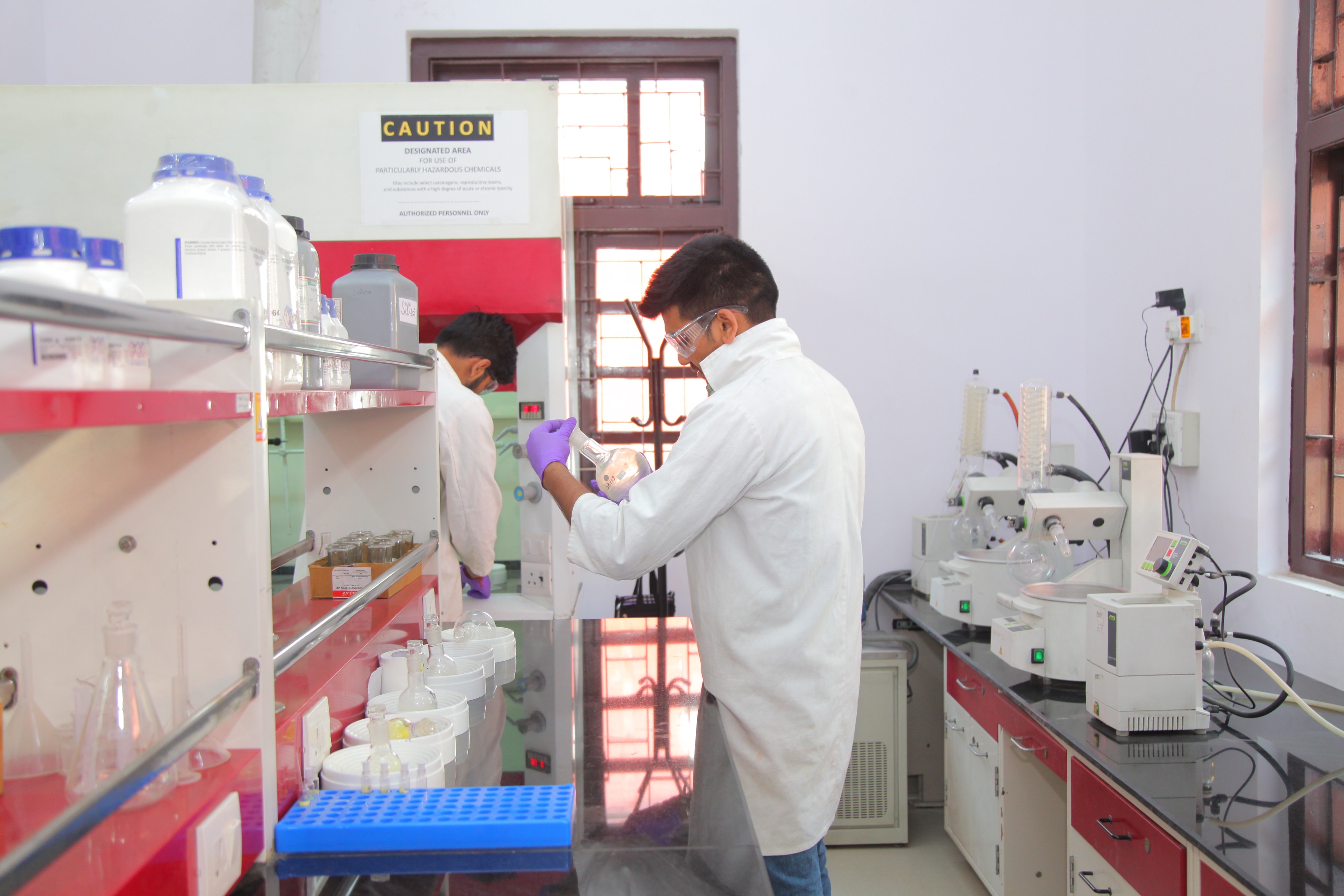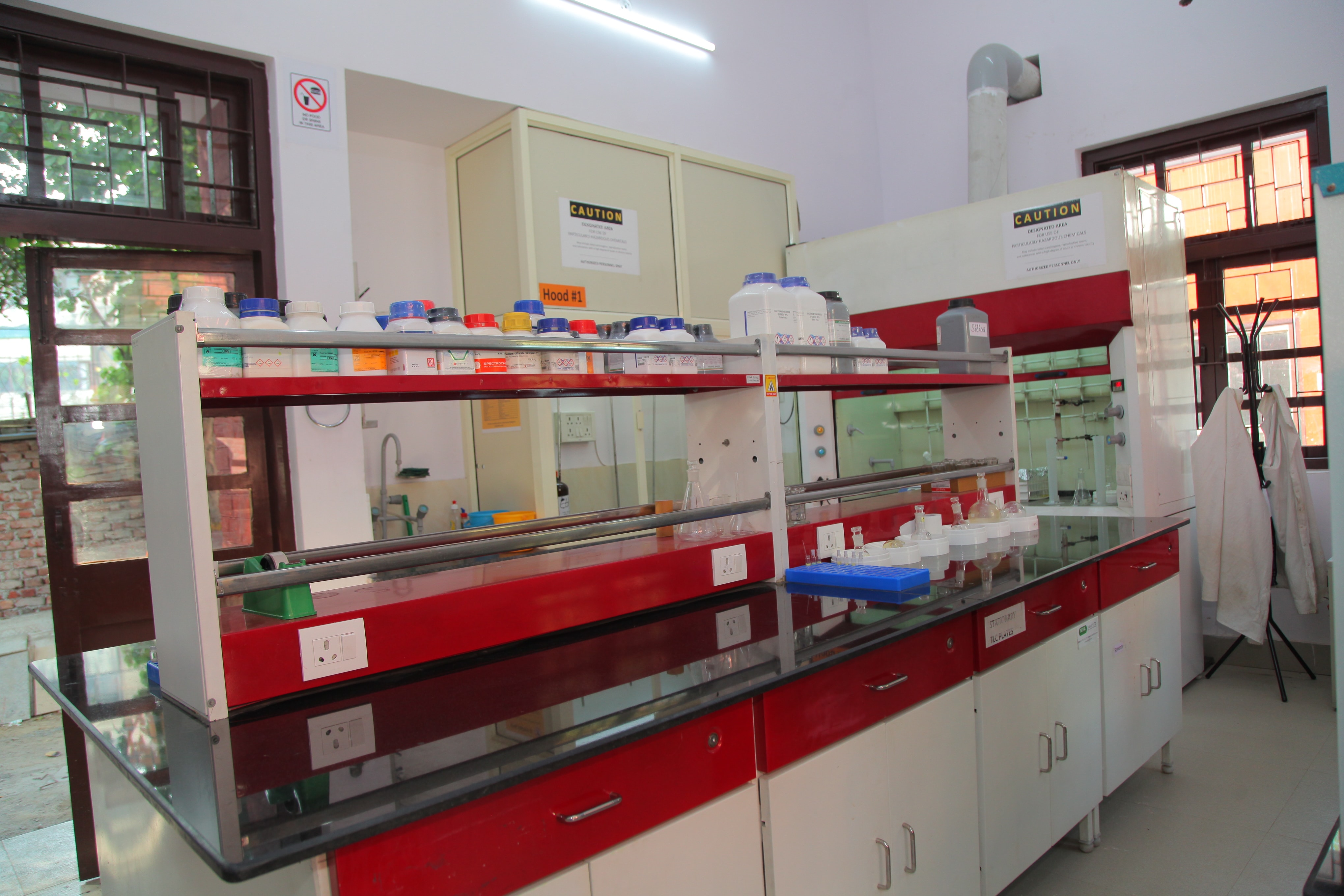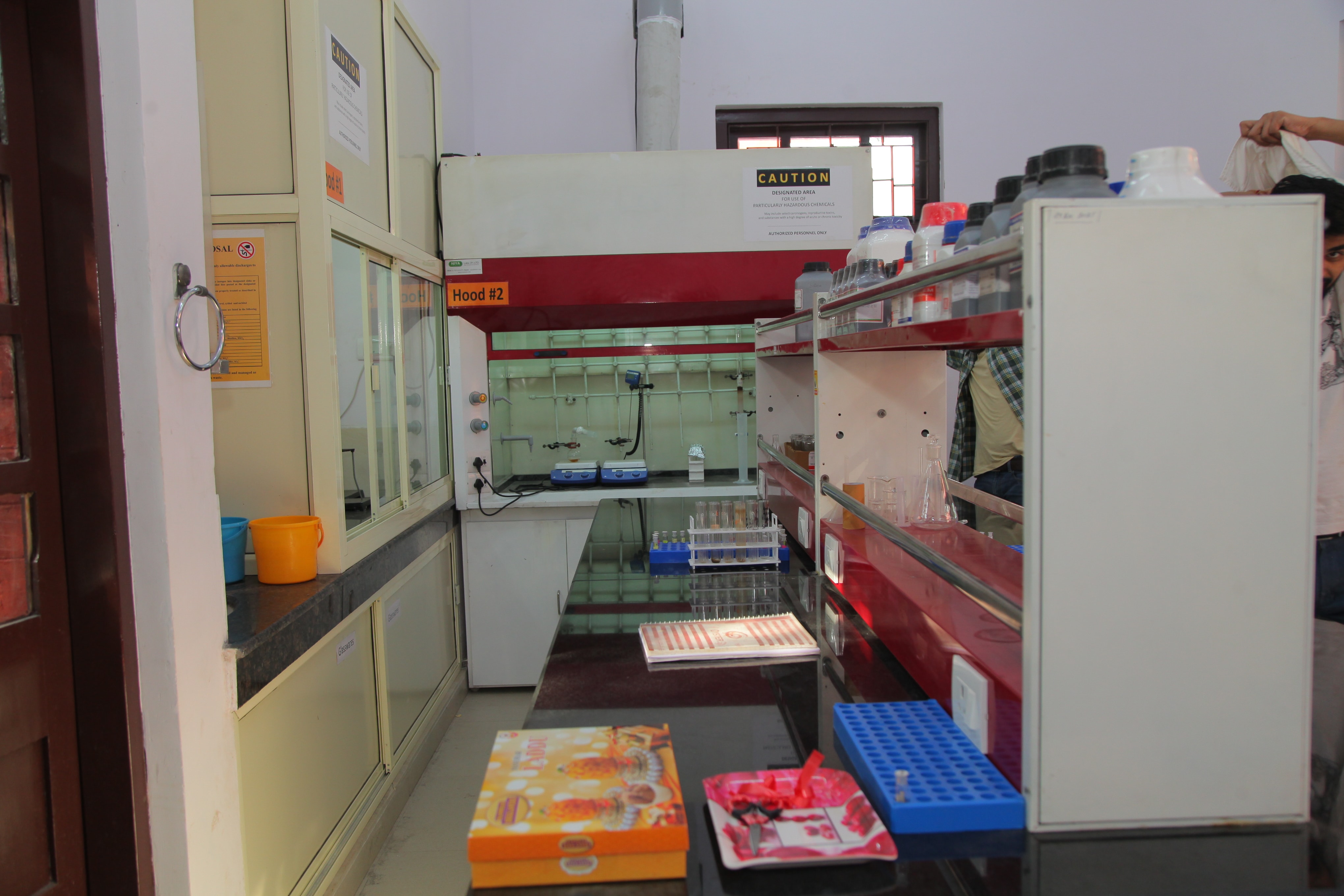


Rathi group research interests are centred at the interface of chemistry & biology. The group is constantly using computational aided design of new chemical scaffolds as therapeutic tools for the treatment of the deadliest disease, malaria. Malaria is a life-threatening mosquito-borne blood disease affecting humans and hence leading the cause of mortality in the tropical and sub-tropical areas. Human malaria is majorly caused by Plasmodium falciparum (Pf). The paucity of new effective drug molecules and the inevitable drug resistance of the malaria parasite, against frontline drugs are the foremost struggles facing malaria eradication initiatives. The search of new molecules killing the parasite at the liver stage, the asexual blood stage, the gametocyte stage, and the insect ookinete stage of the parasite life cycle (i.e., multi-stage activity) is intriguing area of our research. Rathi laboratory is devoted to work in both the design of new chemical scaffolds and rational chemical modifications of potent drug molecules, and to investigate their possible targets. In last few years, we have identified several novel promising molecules with potent antiplasmodial activity against Pf. Successive synthetic and biological strategies have resulted in discovery of few hits with multistage activity in low nanomolar range.
Department of Chemistry
Hansraj College University of Delhi
Delhi-110007, India


Faculty Of Pharmacy
Department of Pharmaceutical Chemistry
H-4032 Egyetem tér 1., Debrecen
Hungary

Loyola University Chicago
Stritch School of Medicine
2160 South First Avenue Maywood
IL 60153, United States of America

